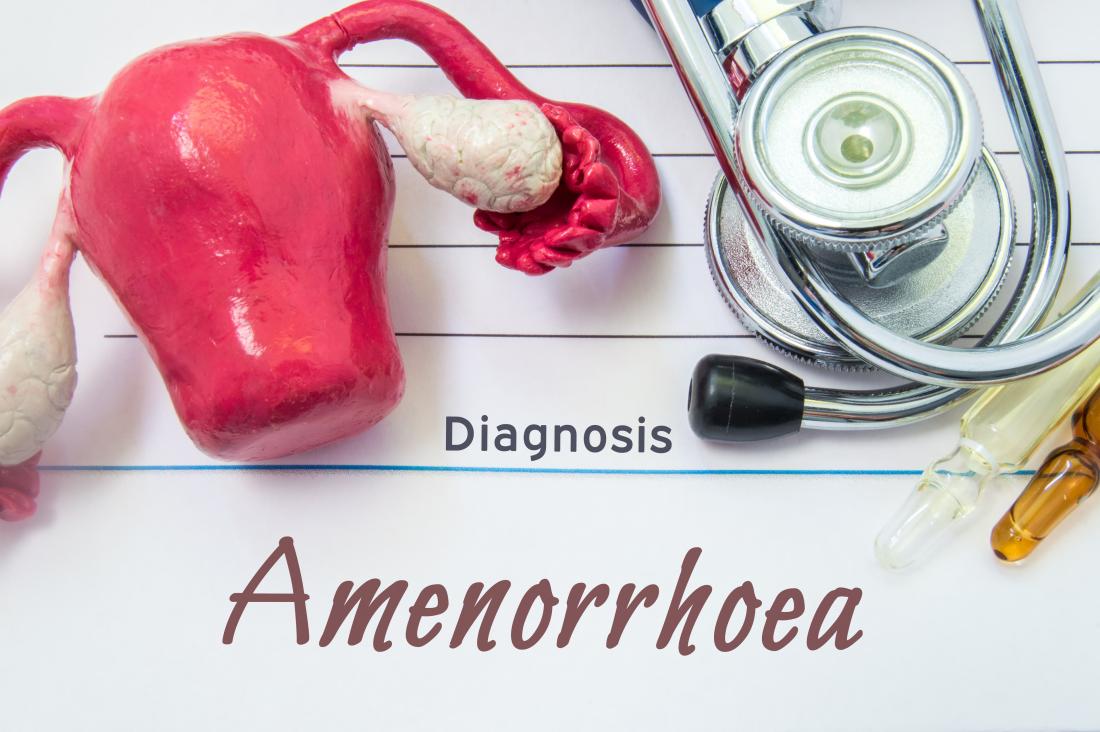Amenorrhea: Understanding, Symptoms, Treatments, and Solutions
Introduction
Amenorrhea refers to the absence of menstruation in women of reproductive age. It can be categorized into primary amenorrhea, where menstruation has not occurred by the age of 15, and secondary amenorrhea, where menstruation ceases for three or more consecutive months in a woman who previously had regular periods. This condition can have various underlying causes, including hormonal imbalances, medical conditions, or lifestyle factors. This comprehensive guide covers the symptoms, side effects, treatments, and both conventional and alternative remedies for amenorrhea.
Symptoms of Amenorrhea
- Primary Amenorrhea:
- Absence of menstruation by age 15 or 16.
- Lack of secondary sexual characteristics (e.g., breast development, pubic hair).
- Secondary Amenorrhea:
- Absence of menstruation for three or more months in a woman with previously normal periods.
- Potential associated symptoms depending on the underlying cause, such as weight changes, excessive hair growth, or signs of stress.
Causes of Amenorrhea
- Hormonal Imbalances:
- Polycystic Ovary Syndrome (PCOS): A common condition causing irregular or absent periods.
- Thyroid Disorders: Both hypothyroidism and hyperthyroidism can disrupt menstrual cycles.
- Hypothalamic Dysfunction: Stress, extreme weight loss, or eating disorders can impact the hypothalamus, affecting menstrual cycles.
- Medical Conditions:
- Premature Ovarian Failure: Early menopause caused by the loss of ovarian function.
- Chronic Diseases: Conditions like diabetes or celiac disease can affect menstrual health.
- Uterine Disorders: Conditions like Asherman’s syndrome or fibroids may interfere with menstruation.
- Lifestyle Factors:
- Extreme Physical Activity: Intense exercise can lead to amenorrhea due to low body fat and hormonal changes.
- Significant Weight Loss or Gain: Dramatic changes in weight can impact menstrual health.
- Medications and Treatments:
- Contraceptives: Certain hormonal contraceptives can cause temporary absence of periods.
- Chemotherapy or Radiation Therapy: These treatments can affect ovarian function and menstrual cycles.
Side Effects of Amenorrhea
- Bone Health:
- Osteoporosis: Prolonged amenorrhea can lead to decreased bone density and an increased risk of fractures.
- Fertility Issues:
- Infertility: The absence of menstruation can indicate underlying issues affecting fertility.
- Hormonal Imbalances:
- Symptoms: Potential symptoms include mood swings, fatigue, and changes in skin or hair.
- Psychological Impact:
- Emotional Stress: Amenorrhea can lead to anxiety or depression related to the underlying cause or the impact on fertility and health.
Conventional Treatments
- Hormonal Therapy:
- Birth Control Pills: Often used to regulate menstrual cycles and manage symptoms.
- Hormone Replacement Therapy (HRT): May be used for conditions like premature ovarian failure or menopause.
- Addressing Underlying Causes:
- PCOS Management: Includes lifestyle changes, medications like metformin, and hormonal treatments.
- Thyroid Treatment: Thyroid disorders are treated with medication to normalize hormone levels.
- Lifestyle and Dietary Changes:
- Weight Management: Addressing significant weight loss or gain can help restore menstrual cycles.
- Exercise Adjustments: Reducing excessive physical activity may normalize periods.
- Medical Interventions:
- Surgical Treatment: In cases of uterine disorders, surgery may be necessary to correct the issue.

Home Remedies and Herbal Solutions
- Dietary Adjustments:
- Balanced Diet: Eating a well-balanced diet rich in fruits, vegetables, lean proteins, and whole grains supports overall health and hormone balance.
- Healthy Fats: Incorporating sources of healthy fats, such as avocados and nuts, can support hormonal function.
- Herbal Remedies:
- Chaste Tree (Vitex): Often used to regulate menstrual cycles and support hormonal balance.
- Dong Quai (Angelica sinensis): A traditional herb used for menstrual health and blood circulation.
- Cinnamon: May help with insulin resistance, which can be beneficial for conditions like PCOS.
- Lifestyle Practices:
- Stress Reduction: Practices such as yoga, meditation, and deep breathing can help manage stress and support hormonal health.
- Regular Exercise: Moderate exercise can help maintain a healthy weight and support overall well-being.
- Hydration and Detoxification:
- Adequate Water Intake: Drinking plenty of water supports overall health and can help in detoxifying the body.
- Detox Teas: Herbal teas like nettle or dandelion can aid in detoxification and support overall reproductive health.
Conclusion
Amenorrhea, whether primary or secondary, can significantly impact a woman’s health and quality of life. Identifying the underlying causes is crucial for effective treatment and management. Conventional treatments often involve hormonal therapy and addressing specific health conditions, while home remedies and herbal solutions can complement medical care and support overall well-being. Consulting with a healthcare provider is essential for developing an appropriate treatment plan tailored to individual needs and health conditions.









